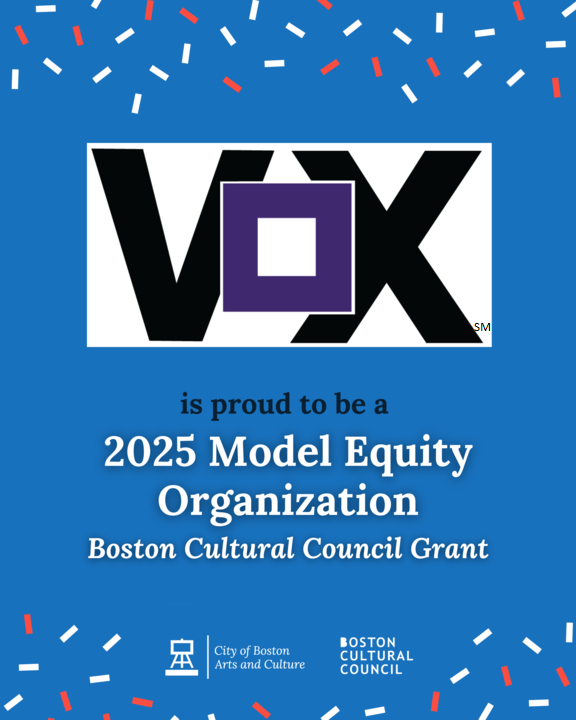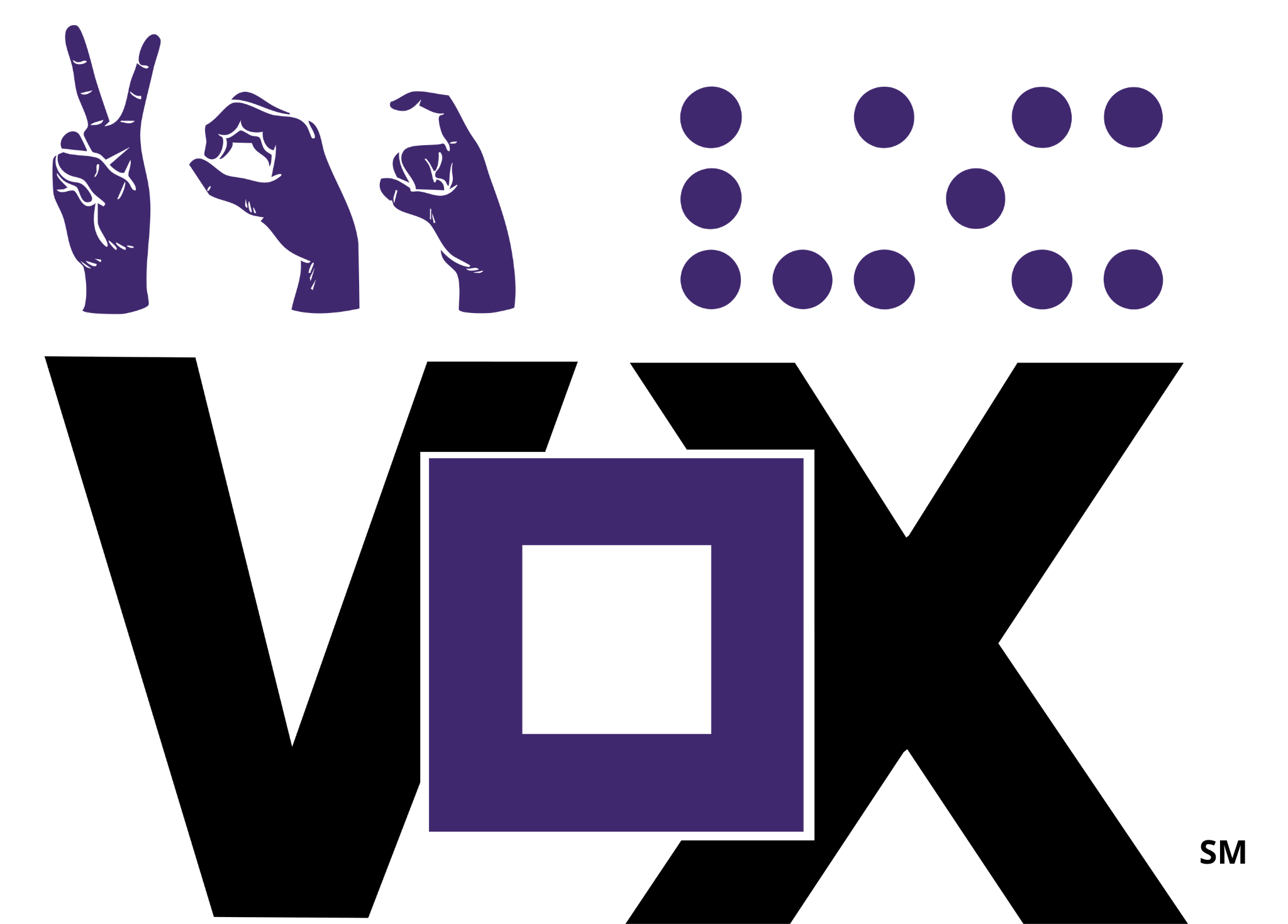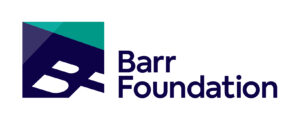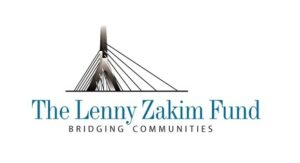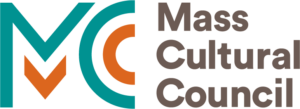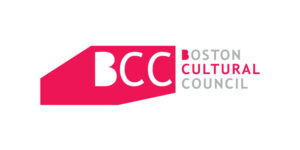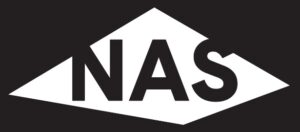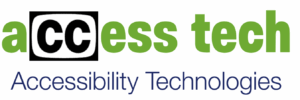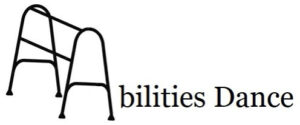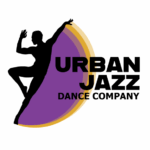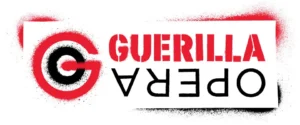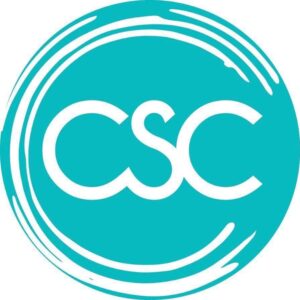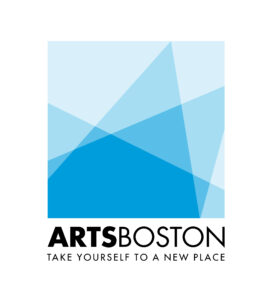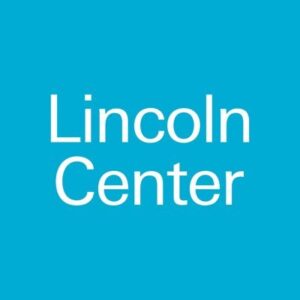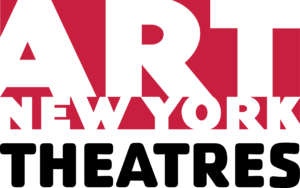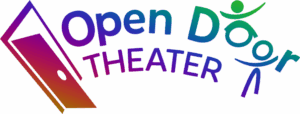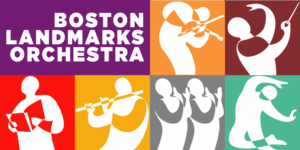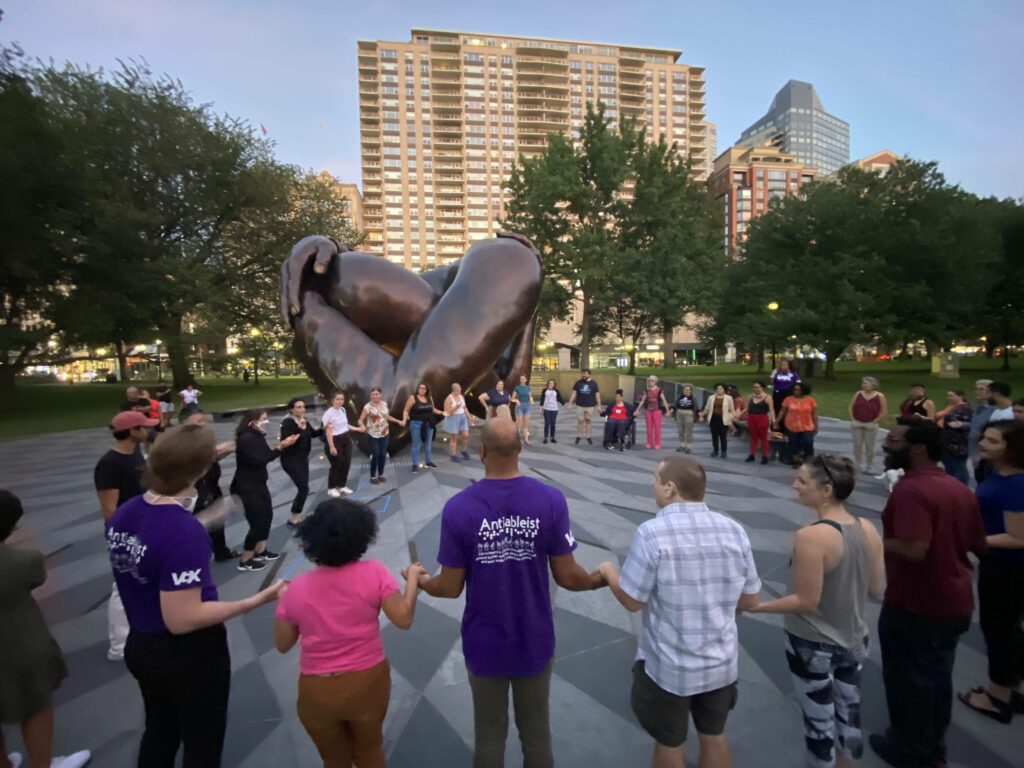
ACCESSIbility CONSULTING & TRAINING for artists & institutions
About us
Think Outside the Vox provides arts access consulting and training that centers disability culture for arts institutions. By customizing access plans equitably and sustainably, we aim to implement measurable change within the sector. Vox focuses on widening the breadth and scope of accessible programming by facilitating the hiring of disabled and marginalized artists and experts.
Organizations Served
Patrons Served (2025)
Trainees and Mentees (2025)
VOX presents:
The Purple Report 2025
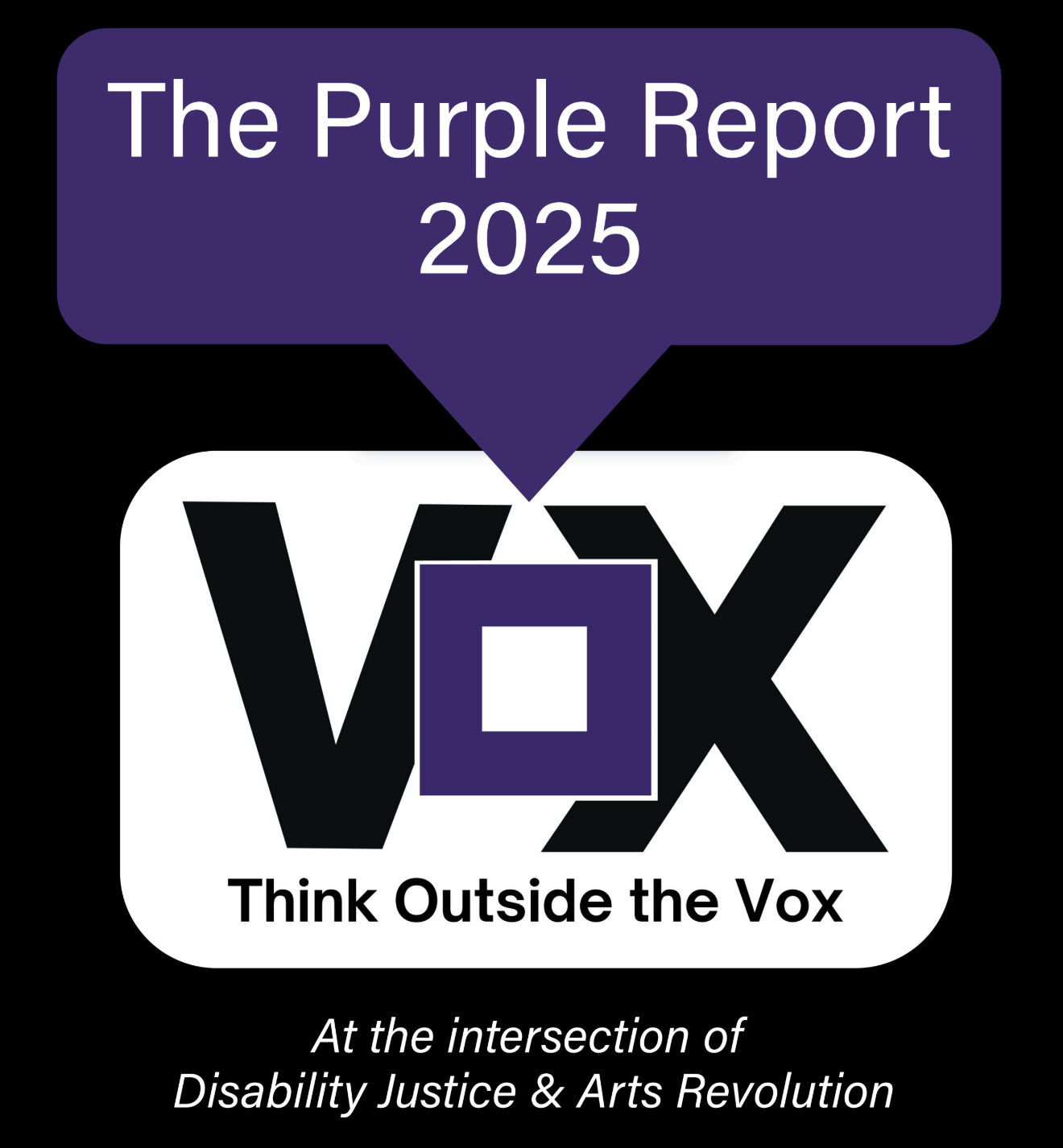
our services
CONSULTING
We offer concierge anti-ableist consulting to performing arts institutions, custom-fit to their unique needs, culture, and capacity.
TRAINING
Vox provides culturally competent access training to Deaf, disabled and marginalized access providers
REFERRAL & ONBOARDING
Vox aids in the referral, hiring, and onboarding of culturally competent access providers.
WEBINARS & SPEAKING ENGAGEMENTS
We offer webinars on a variety of topics and can customize an anti-ableist training for your arts organization.
join our mailing list
Be the first to know about Vox’s trainings and mentorships, accessible events, more about purple-powered projects, and ways we are fostering Disability Justice and Joy in Massachusetts and beyond.
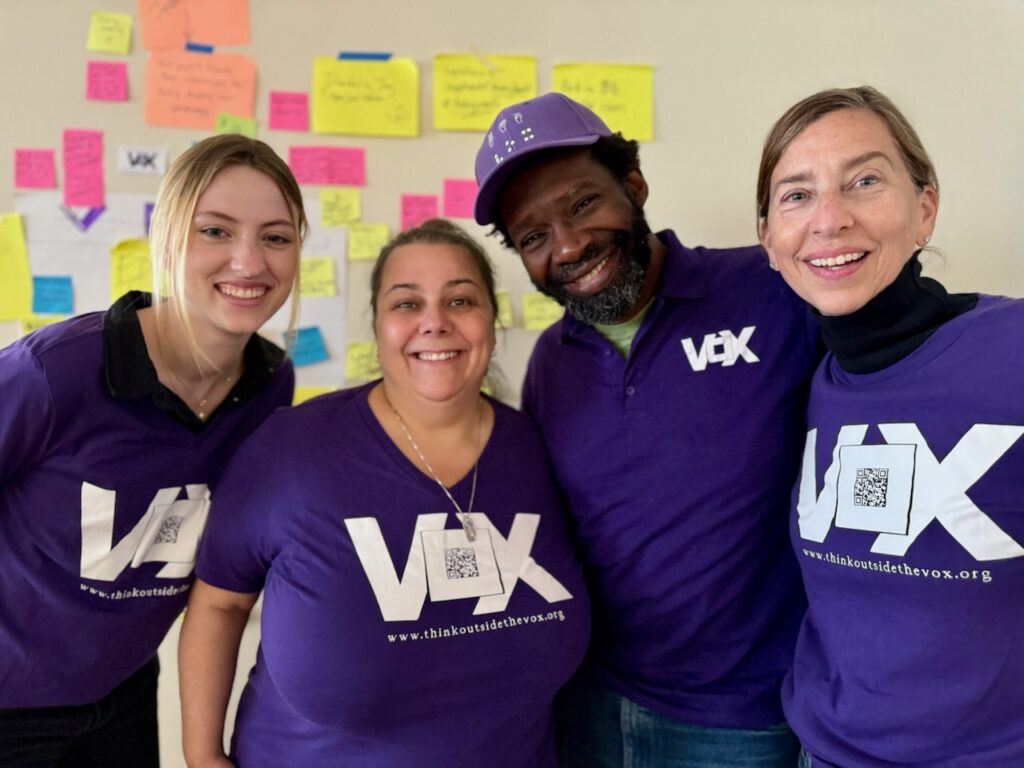
If you would also like to receive the plain-text version of our newsletter, please subscribe here.
Read past issues of our newsletter
View all past issues of the VOX newsletter in our newsletter archive
VOX is recognized for our commitment to inclusive arts access
